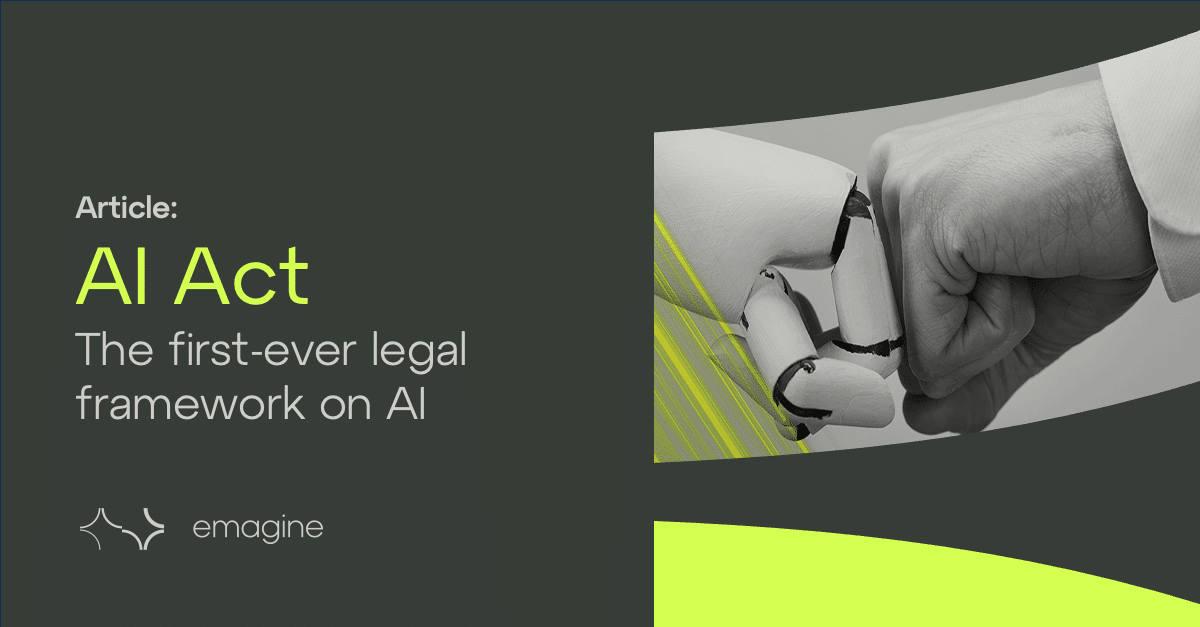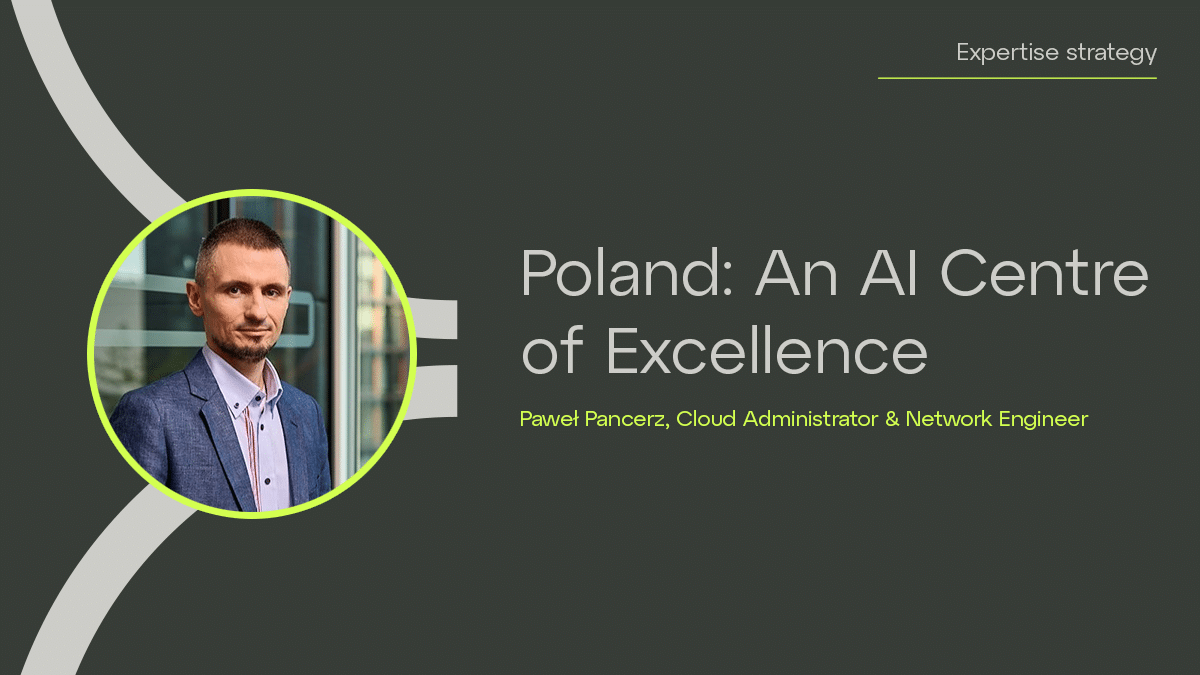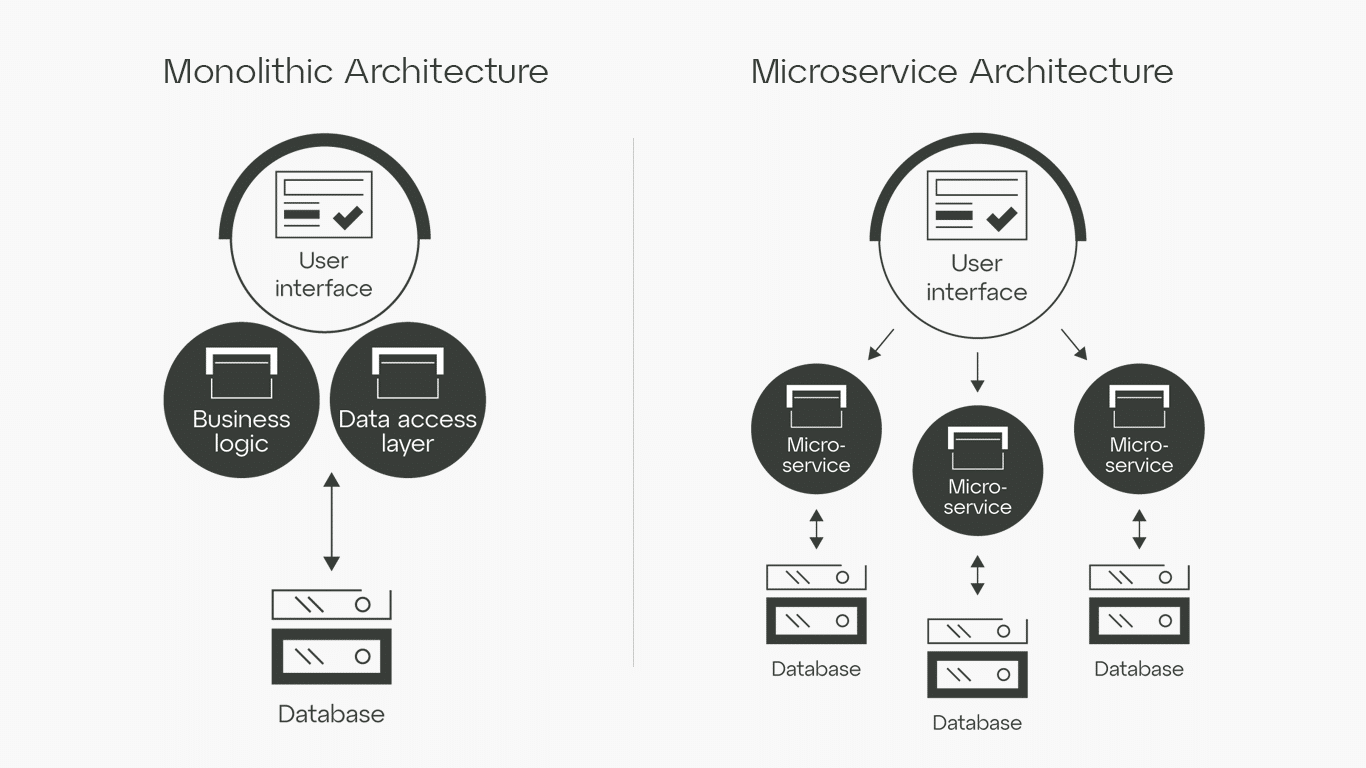Learn how emagine can support your business through major digital transformation.
In the day-to-day of business operations, artificial intelligence (AI) is turning time-consuming, manual tasks into automated processes, achieved within seconds. The cumulative impact of this is substantial, with hours of employee time freed up for other tasks, which could increase project manager productivity by as much as 40%.
Businesses are seeking to harness these new technologies en masse, with Statista forecasting that by 2027, global digital transformation spending will reach $3.9 trillion, up from approximately $2.15 trillion in 2023.
In this environment, consultants such as emagine’s experts are ever more in demand to deliver these highly specialised transformation projects, but allocating the best people is labour-intensive.
Read about AI's potential to accelerate software product time to market
Projected spending on digital transformation technologies from 2017 to 2027
Recommendation engine
At emagine, we begin more than 800 new projects every month, each requiring a specific blend of skills. To streamline candidate allocation, we have developed an AI-driven recommendation system that transforms unstructured data from a database of almost 300,000 candidates into high-quality shortlists in seconds. This has significantly streamlined our recruitment process.

















































